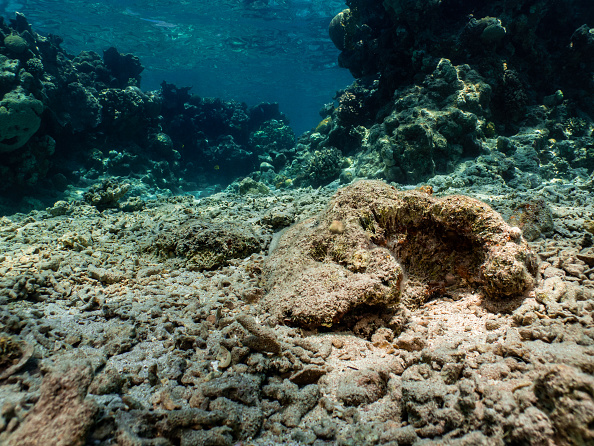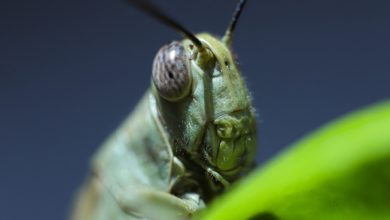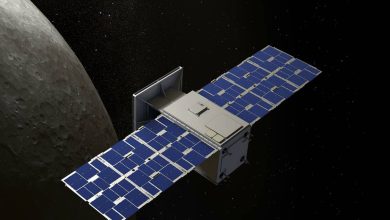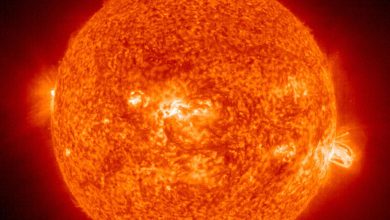Researchers have found that coralline algae have benefits for the environment and marine life because algae provide beneficial support to corals, helping to provide more nutrients and strong corals.
According to National Geographic, corals are also known as the rainforest of the sea.
Their existence in the marine ecosystem significantly provides habitat and food for 25% of the world’s fish, showing a wide range of symbiotic relationships.
The immense contribution of corals to marine life is essential to complete survival.
Moreover, National Geographic said that corals have about six thousand species of corals on the planet.
Being a colonial body with different animals present, the National Ocean Service explained that corals in the ocean feed at night.
They capture prey or food by stinging cells (nematocysts).
Human-made pollution is massively affecting ocean corals and increasing temperature due to climate change.
The alarming impact on coral reefs could disrupt fish food sources, affecting marine ecosystems.
Additionally, the National Ocean Service has pointed to the growing number of coral diseases.
Being a valuable habitat on Earth, it is important to protect corals from the dangers of pollution, climate change, coral poaching or illegal coral removal.
The impact on coral reefs can also affect the ocean and human livelihoods.
The study was published in Royal Society Open Science and is available to read in ScienceDaily.
Environmental stress

(Photo: by Lukasz Larsson Warzecha via Getty Images)
Research has pointed out that algae can also contribute to corals by making them resistant to potential heat stress.
Researchers collected 600 rice corals in Kaneohe Bay, off the windward side of O’ahu, Hawai’i, to better understand symbionts in corals.
They observed and analyzed data, algal symbiont colonies, sedimentation and temperature in the ocean.
According to the lead author of the study, Mariana Rocha de Souza explained that small-scale sampling of coral colonies in Kaneohe Bay revealed that the algal symbiont can react to coral conditions.
This will help scientists understand how corals manage to cope with heat stress.
Souza is also a graduate student at UH Manoa’s Institute of Marine Biology.
Additionally, the lead author added that they were shocked at how the symbiotes reacted differently to the environment on the bay, noting that the areas have less temperature, light, and warming.
Ultimately, the research highlighted that heat stress is threatening ocean corals and sea temperatures are raising concerns about rapid warming.
Protect the corals
Corals are an important part of the marine ecosystem. If injured, abused and damaged, there are the worst environmental and human effects.
Therefore, the protection of corals plays an important role in the fight against climate change.
Additionally, human-made pollution has also been attributed to poor water quality affecting corals. Protecting and preserving corals is vital for the future of the environment.
The US Environmental Protection Agency explained how to care for plants. Here are some things you can do to protect corals.
- Be responsible for your waste and dispose of it properly in the trash cans. Do not throw your waste in the oceans.
- To be green is to be a friend of the environment. Having electric cars or solar power can reduce the impact of climate change.
- If you are at sea, be careful of the corals so as not to damage them.
Related article: Off-season heat to be felt in Northwest and Southern California
For more likes, don’t forget to follow News from the world of nature.
© 2022 NatureWorldNews.com All rights reserved. Do not reproduce without permission.
#research #shows #coral #algae #environment





